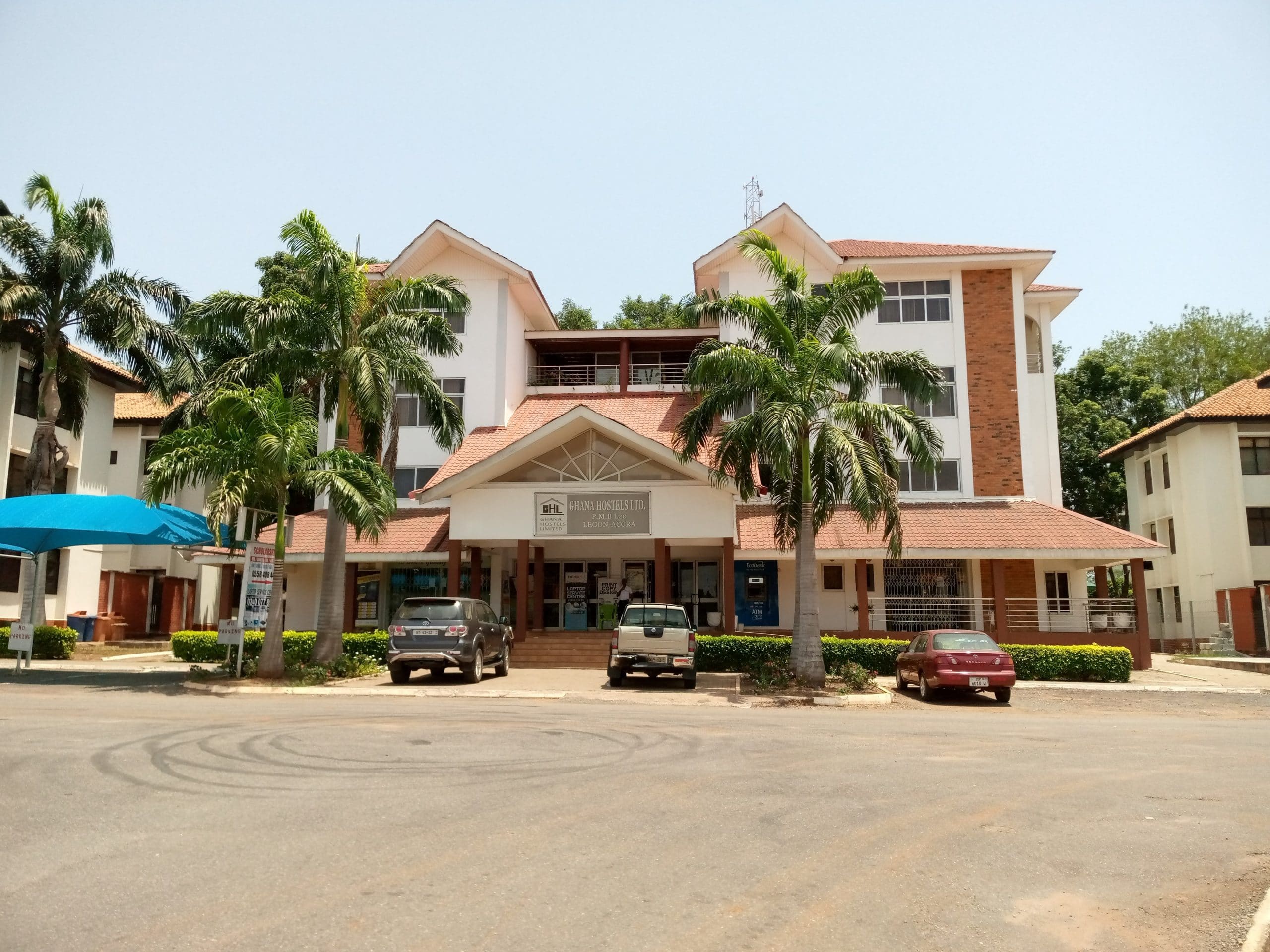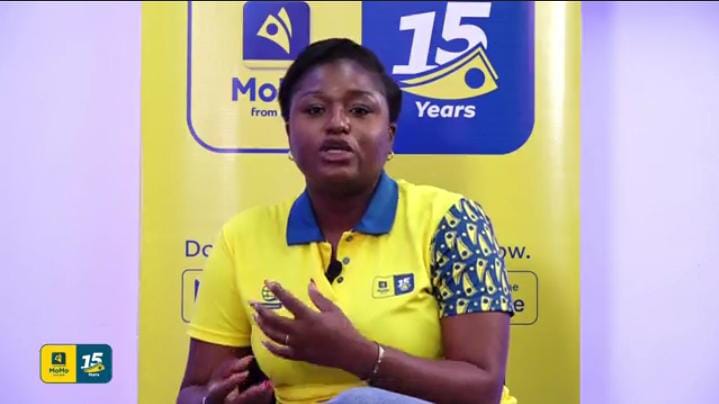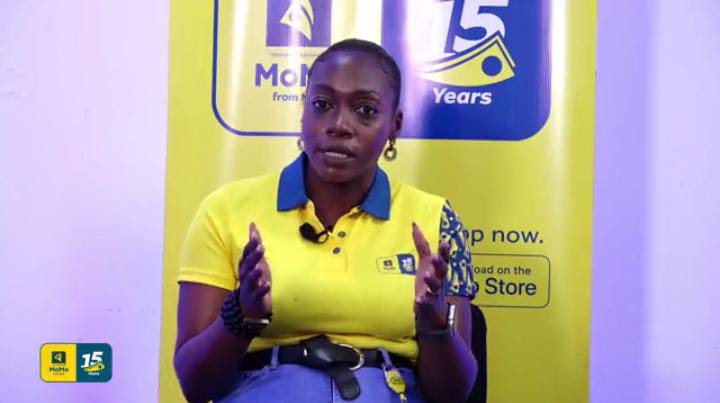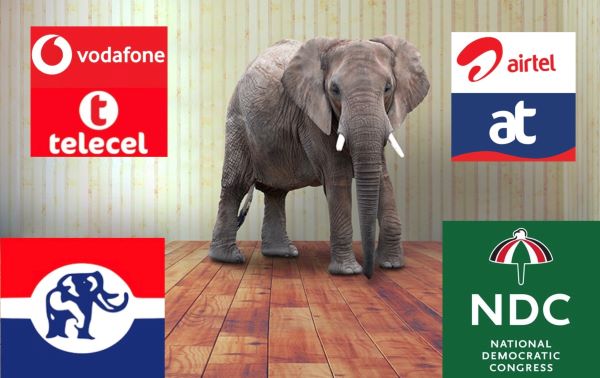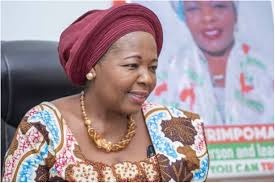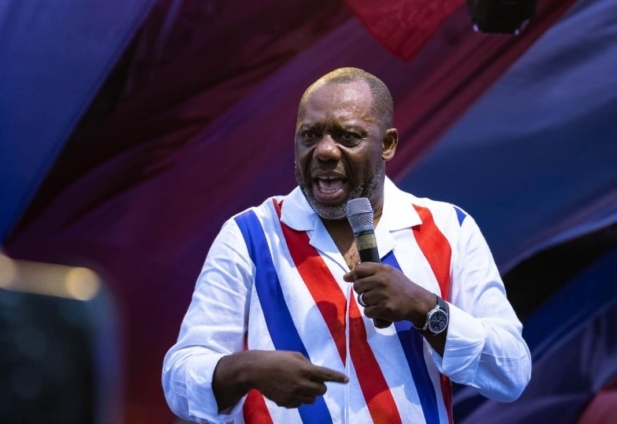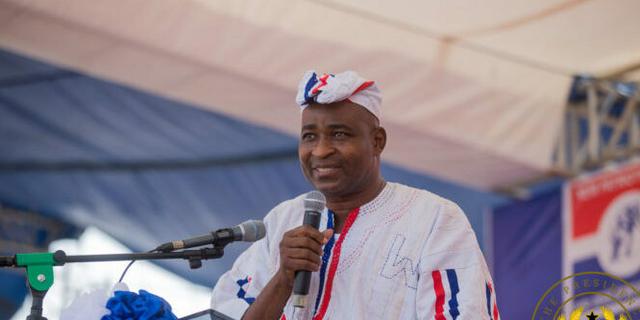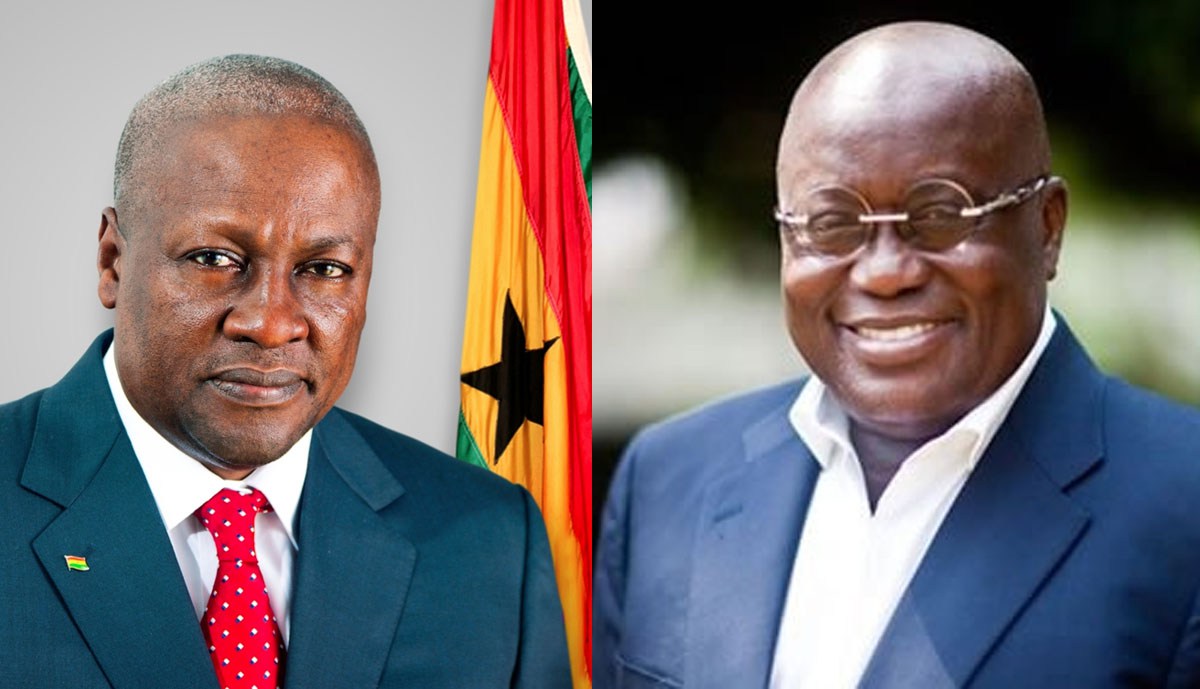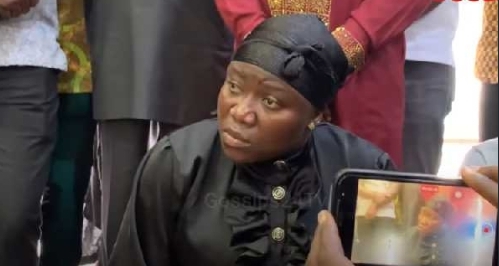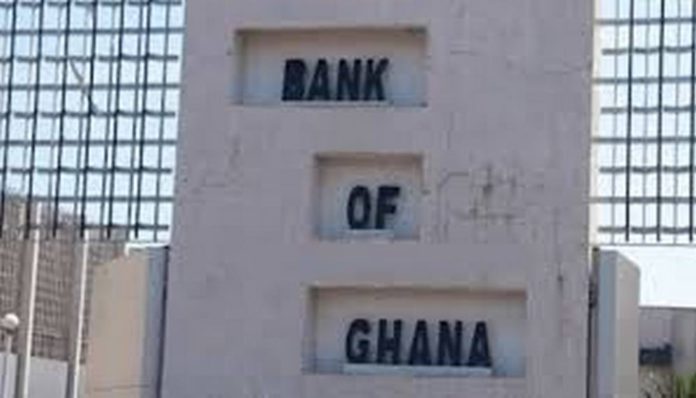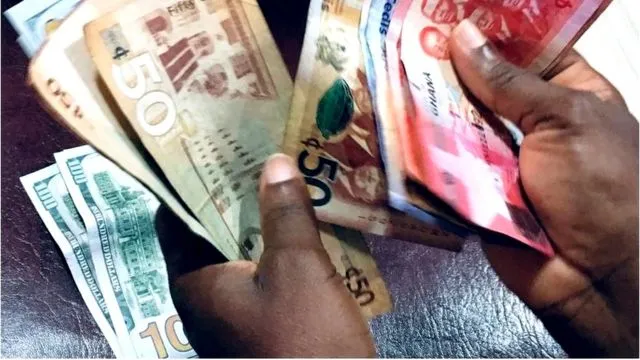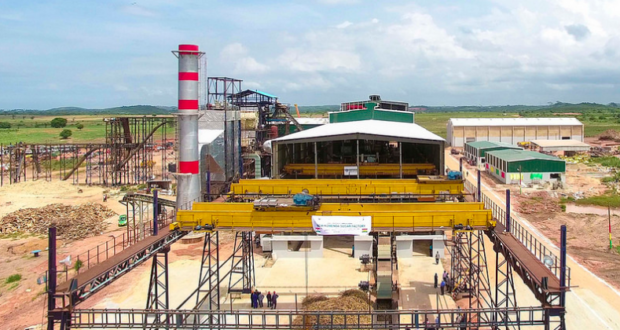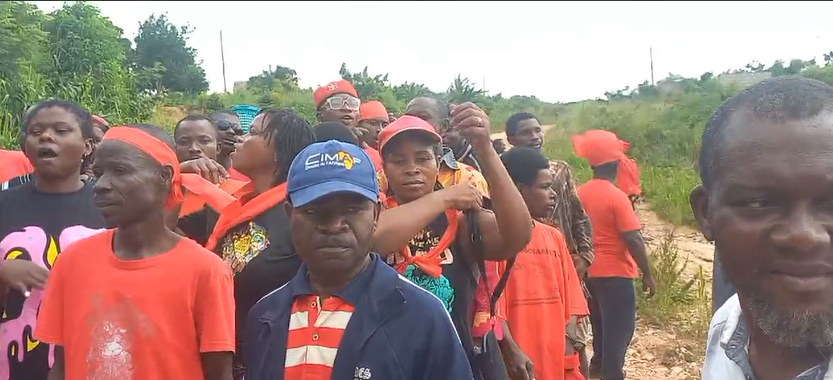Here are 5 high-profile strikes that have rocked Akufo-Addo’s government in 2024
In 2024, President Nana Addo Dankwa Akufo-Addo's administration has faced significant challenges due to a series of high-profile strikes.
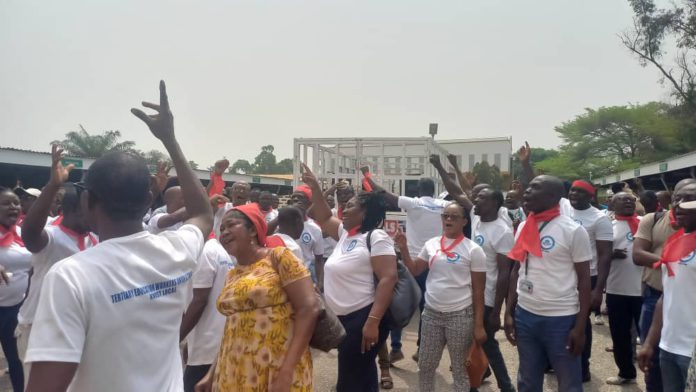

In 2024, President Nana Addo Dankwa Akufo-Addo's administration has faced significant challenges due to a series of high-profile strikes.
These strikes have disrupted various sectors, highlighting ongoing issues and discontent within the workforce.
From public sector employees demanding better working conditions to unionised groups protesting government policies, these strikes have not only affected daily operations but also sparked widespread debates about governance and labour relations.
Here are five major strikes that have significantly impacted the Akufo-Addo government in 2024:
CLOGSAG Strike: The Civil and Local Government Staff Association of Ghana (CLOGSAG) declared a nationwide strike effective Wednesday, 3rd July 2024.
The association criticised the government for failing to implement a new salary structure approved by the Fair Wages and Salaries Commission, despite an agreement reached one and a half years ago.
Addressing the media, CLOGSAG’s Executive Secretary, Isaac Bampoe Addo, urged all members to adhere to the strike directive until their demands are met. "Indicating our intentions to proceed on a nationwide strike if the new salary structure for the staff of the civil service and local government service is not implemented, we hereby declare a nationwide strike with effect from Wednesday, July 3, 2024."

"All staff of the civil service and local government service are to stay away from work until further notice. Similarly, all CLOGSAG secretarial offices must be closed. Kindly take note and comply accordingly."
CLOGSAG issued a warning for the strike as it expressed its frustration with the prolonged delay, highlighting the detrimental effects on its members' morale and financial well-being.
The association emphasised that despite numerous engagements with relevant government agencies, there has been no significant progress in addressing their concerns.
NIA Strike: On 10th June, 2024; workers of the National Identification Authority (NIA) declared an indefinite strike to demand better working conditions.
Although the strike was initially scheduled for March 24, 2024, it was postponed due to the intervention of the Minister of Employment and Labour Relations.
However, with no progress made, the Divisional Executive Council of the union, part of the Public Services Workers' Union (PSWU) under the Ghana Trades Union Congress (TUC), unanimously decided to halt all work following a council meeting on 23 May 2024.

As a result, the PSWU announced the suspension of all services provided by its members at NIA district offices, regional offices, headquarters, and premium centres until further notice.
The union, in a statement signed by Council Secretary Kwabena Adu Kyeremeh and Council Chairman Francis Bangfudeme Nyuzaghi, stated that the strike is in response to workers' demands for improved working conditions.
NSS Strike: The National Service Scheme (NSS) personnel announced a nationwide strike due to the government's failure to pay their allowances for the past five months.
The strike was declared on Wednesday, 3rd July 2024, by the Concerned National Service Scheme (NSS) Personnel Association of Ghana (CONSPAG).
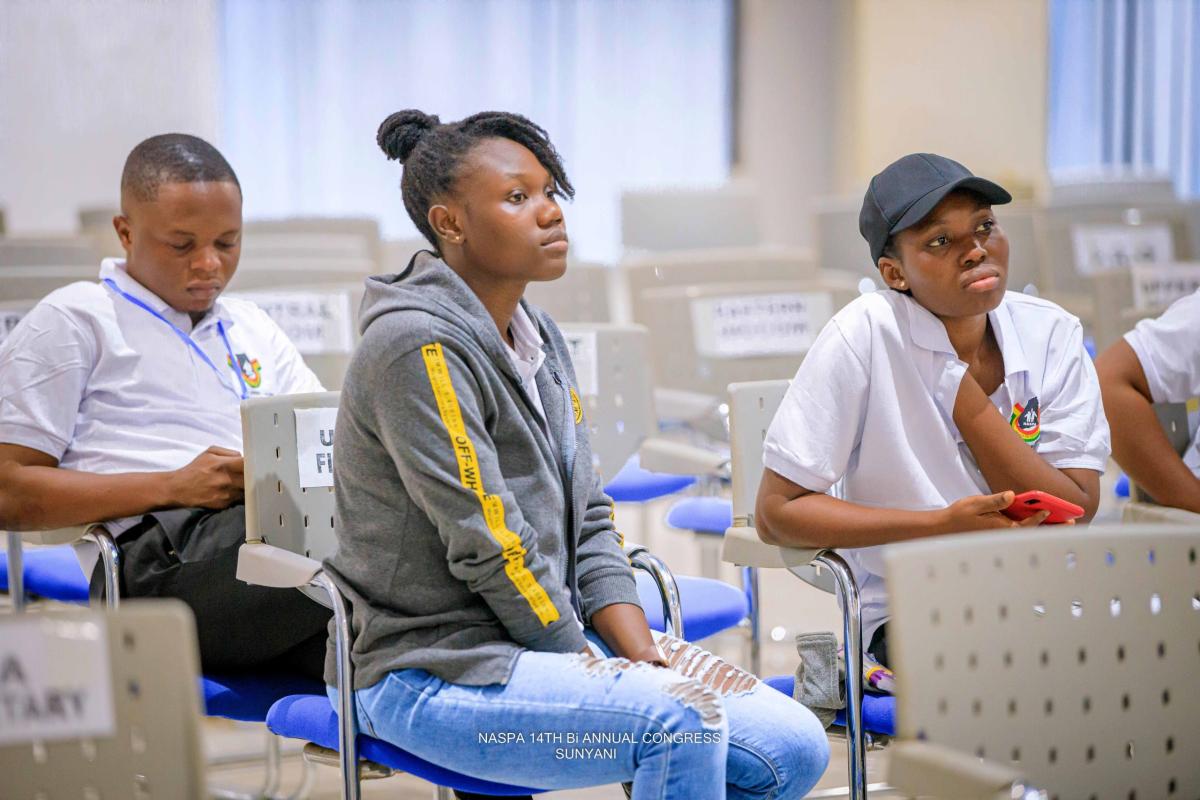
In their statement, the frustrated personnel highlighted that they are owed five months of allowances, while university graduates are owed three months.
They pointed out that, according to NSS regulations, personnel who do not report to their posts for three consecutive months face sanctions.
TEWU Strike: The Teachers Education Workers Union of Ghana (TEWU) declared a nationwide strike on 1st February 2024.
The TEWU declared a strike because the government had failed to address several serious issues impacting them.
At a news conference, the national leader of TEWU, Sulemana Abdul Rahman, stated they will resume work provided their issues are addressed. He said that the government has failed to address their welfare demands, such as tier-two pension funds, vehicle maintenance allowances, and overtime pay, among others.
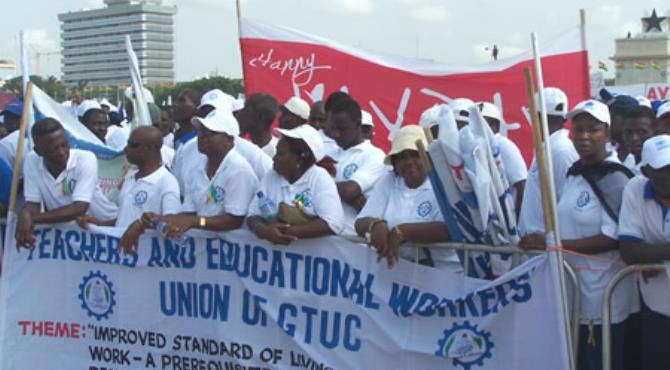
Services such as cleaning the tertiary institutions’ environment, setting up classrooms for teaching and learning, providing security services, and hospital services among others have been withdrawn.
TEWU is collaborating with the Ghana Association of University Administrators, the Senior Staff Association of Universities of Ghana, and the Teachers and Educational Workers Union (TEWU-TUC) to strike.
TEWU’s president said, “National Executive Council of TEWU held an emergency meeting this morning today, 31st January 2024, concerning the issue still above in the said meeting, NEC has resolved that following the lackadaisical nature of the employer, thus, the government of Ghana to address the challenges and problems of TEWUG members in the traditional universities, TEWUG hereby declares an indefinite strike and the strike takes effect 1st February which will be Thursday until further notice.”
GNAT Strike: On 20th March 2024, some three teacher unions across the country have called on their members nationwide to lay down their working tools to protest against the negligence of the government in addressing issues concerning their conditions of services.
The groups are made up of the Ghana National Association of Teachers (GNAT), the National Association of Graduate Teachers (NAGRAT), and the Coalitions of Concerned Teachers (CCT).
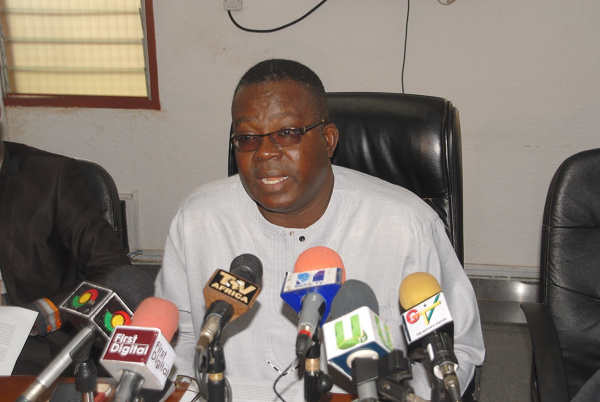
Highlighting their grievances in an interaction with the media, Isaac Owusu, the National President of GNAT, said paramount among the reasons why the teacher unions are striking are; withholding of teachers’ salaries, unilateral changes of timetables without engaging and consulting teacher unions, the delay in the distributions of laptops to teachers.
What's Your Reaction?
















